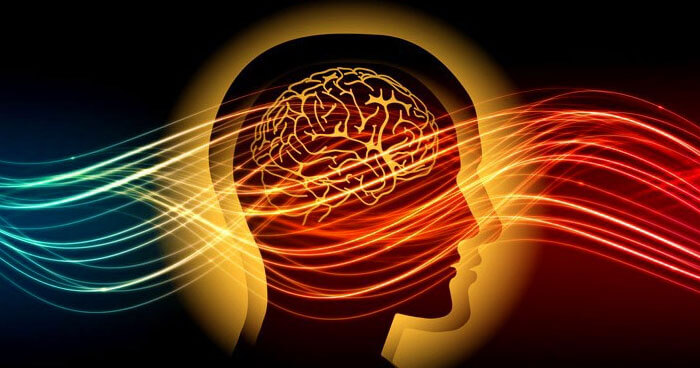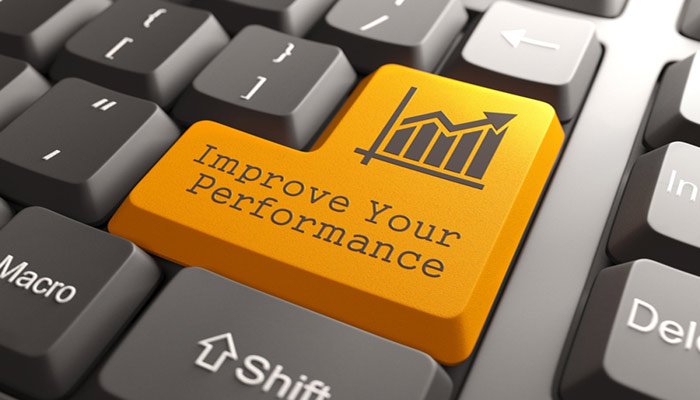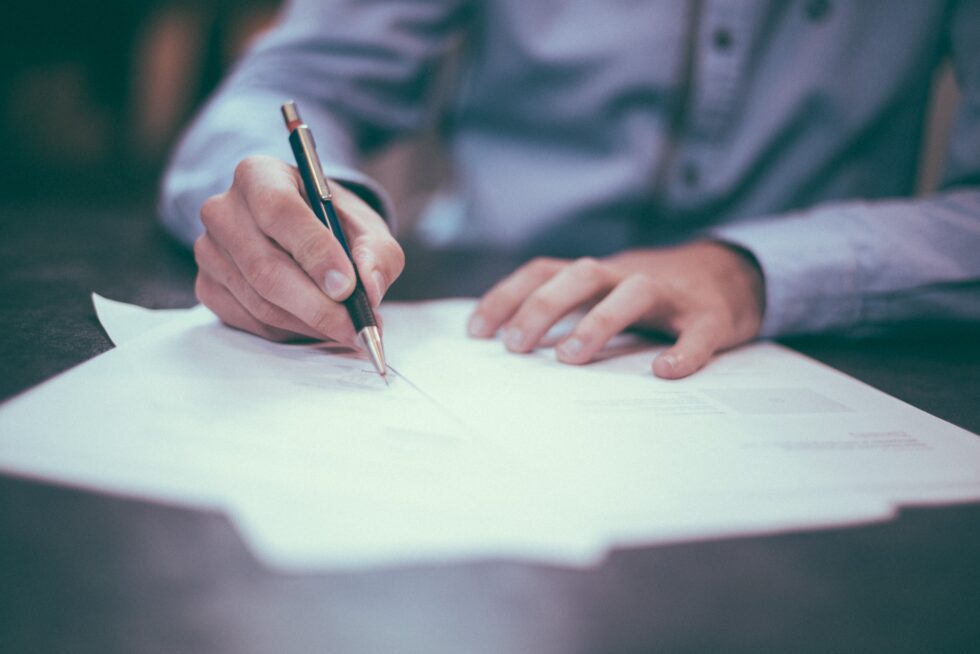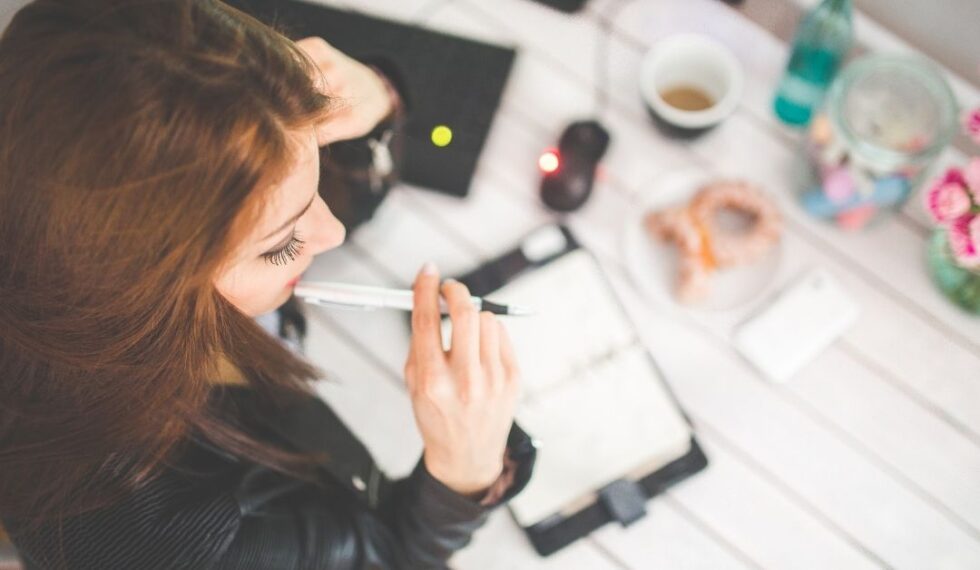Have you ever been so busy with the work that you forgot to eat and even sleep? Or just so concentrated in your work and not even conscious about the environment you are in. If your answer is yes, then you are experiencing a state of Flow Psychology.
Are you thinking, what does this Flow Psychology mean? Flow is the state of enjoyment, totally concentrating on the present, which helps us in better productivity and focus, as well as creative and happy. But if you are not in a state of flow, don’t be worried about it. It is not something unachievable.
Let’s discuss in brief what is the flow model theory, why it is helpful, and how one can achieve it.
WHAT’S IN IT
Flow Model Theory
The Psychology Flow is the state when the mind is completely immersed in an activity that gives them, happiness and has complete focus while doing it.
It is a theory by Mihály Csíkszentmihályi.
To describe in a simple way, Flow Model theory is “the holistic sensation that people feel when they act with total involvement.”
Components of Flow Model
According to Wikipedia, Jeanne Nakamura and Csíkszentmihályi identify the following 8 factors as encircling an experience of flow:
1) Complete concentration on the task
2) Clarity of goals and reward in mind and immediate feedback
3) Transformation of time (speeding up/slowing down)
4) The experience is intrinsically rewarding
5) Effortlessness and ease
6) There is a balance between challenge and skills
7) Actions and awareness are merged, losing self-conscious rumination
8) There is a feeling of control over the task.
All the above-listed conditions are independent of one another.
Who Experiences Flow Psychology?

This may surprise you, but the capability to experience flow may differ from person to person. Studies say, that people with autotelic personality tent to experience more flow in comparison to others. Autotelic personality means the people who do things or work for their own sake rather than chasing some external goal.
What happens during Flow Psychology?
According to Arne Dietrich, it has been associated with decreased activity in the prefrontal cortex.
The prefrontal cortex is an area of the brain responsible for higher awareness functions such as consciousness, memory. It is an area that’s responsible for our conscious and explicit state of mind.
However, in a state of flow, this area is believed to temporarily suppressed in a process called transient hypofrontality. This temporary inactivation of the area may trigger the feelings of misuse of time, loss of self-consciousness, and loss of inner critic.
Moreover, the interference of the prefrontal lobe may enable the implicit mind to take over, allowing more brain areas to communicate freely and engage in a creative process. Referred from PositivePsychology
How To Achieve Flow- Balance Of Challenge, Skills
The two most important thing which can help to achieve flow, are as follows:
Be Concentrated
One should know that it’s not possible to experience flow, if you are distracted or not willing to do the work. To be so, one should stay away from attention-seeking people or things, like a smartphone. Check the blog, how to be fully concentrated.
Balance of Challenge and Skills

There should be a balance between skill and challenge. To understand this, let’s take an example. Just suppose you are a marketer having an intermediate level of experience and knowledge in your field.
Now, if you were assigned a project which requires more experience or knowledge, then you currently have, then maybe you will work harder to complete the project successfully and achieve the knowledge. So this balance should always be there for achieving the state of flow and experiencing it.
Achieving the above condition which helps you to achieve the state of flow. But, there are triggers that help in achieving the flow.
Flow State Triggers
What do triggers mean and how can they help to achieve flow? Don’t think much and continue reading.
Triggers are condition which allows entry in the Flow. There are 4 types of triggers: psychological, environmental, social, or creative. Let’s discuss them briefly.
Psychological Trigger
These triggers help us in focusing and concentrating on the task we are currently doing. With the help of the following triggers, one can easily achieve the state of
Flow:
1) Intense Concentration: While doing any work, have undivided attention and focus on the task. If we do so, we don’t engage in any other activity.
2) Goal Clarity: Have a clear image of the goal you want to achieve. This will help you not distracting to other work and make you do the task you are currently performing.
3) Immediate Feedback: Instant feedback also induces our awareness and attention and this affects the Flow.
4) The challenge to skill ratio: As we already discussed before, that there should be a proper balance in the challenge and skill we have. The challenge should be higher than the skill, but there should not be a big gap.
Environmental Triggers
As a psychology, the environment also triggers the state of flow. Environment triggers are as follows:
1) Sense of Danger: The environment severely affects concentration. If we find ourselves in danger, or at a place where we feel the sense of danger, it will be harder to concentrate.
2) New Environments: Being in a new or dynamic environment, which attracts our focus on new things we see in that environment.
Social Triggers

Social triggers have a great effect on the Flow and especially when we are trying to create it on a group of people. Some practical example of Group Flow is workgroup dynamics and team sports. Social triggers are as follows:
1) Clear and Shared Goals: There should be clarity in everyone’s mind regarding the goal and everyone should work on that goal without distractions.
2) Equal Participation: Everyone should work and contribute to the team fully. Every person in the group would play their part in the execution of the goal successfully.
3) Sense of Control: There should be a sense of control. But, while working in a group, it’s true that chaos may happen, but having control will lead to sorting the problem peacefully.
Creative Triggers
1) Creativity: Creativity helps in triggering which helps in achieving the Flow.
Why Flow Psychology is Important?
It is important to have flow while doing anything in life. It is so because if you are happy and would love to do it, you can do it your whole life. Also, this will increase your productivity and creativity too. We all have heard an old proverb “Pick a job you love and you’ll never work a day in your life”.
And in today’s world, being surrounded by distractions, it important to have a flow that encourages us to work and enjoy the task at hand.
Here are some points which show why flow is important:
Encourage To Develop
Flow encourages one to develop its skill so that he can successfully complete the challenge. It leads ones to further learn and develop new skills.
Emotion Regulator
Flow can wok as a tool to regulate emotion. When a person is in a state of flow, he chooses to focus on the task, instead of focusing on the uncertainties he has in his life.
Improve Performance

As we already discussed that flow encourages learning and developing new skills, which will subsequently improve the performance of one.
Faster Development
If we learn or do something inflow, it will be done fast in comparison to the things which are not done inflow. Which implies one can learn and develop faster if he does it inflow.
“Flow allows you to absorb that information, synthesize it, and integrate it.
This drives the creative process. So while everyone else is driven to distraction, people in flow are adapting — they’re using the state to take
performance to the next level.”- Kotler
Conclusion
The flow psychology state is the happiest and concentrated state and I encourage you to be in flow while doing any work.
However, getting into flow is a sow and continues the process, and one can’t master it in a week or month. It takes time and effort to be inflow. After practicing the steps discussed above, let me know how you experienced it!
Also you can read our blog on Work While Travelling- How to Stay Productive While Travelling
FAQ’s
Flow Model theory is “the holistic sensation that people feel when they act with
total involvement.”
There are 2 important points to achieve Flow which are as follows:
1) Be concentrated
2) Create a balance of challenge and skills
There are 4 types of Flow Triggers which are as follows:
1) Psychological Trigger
2) Environmental Trigger
3) Social Trigger
4) Creative Trigger
It can help in many ways, some are as follows:
1) Encourage to develop
2) Regulate emotions
3) Improved performance
4) Faster development
An example of flow is, employee constantly giving input in a meeting, or
continuous reading of book irrespective of many distractions.



